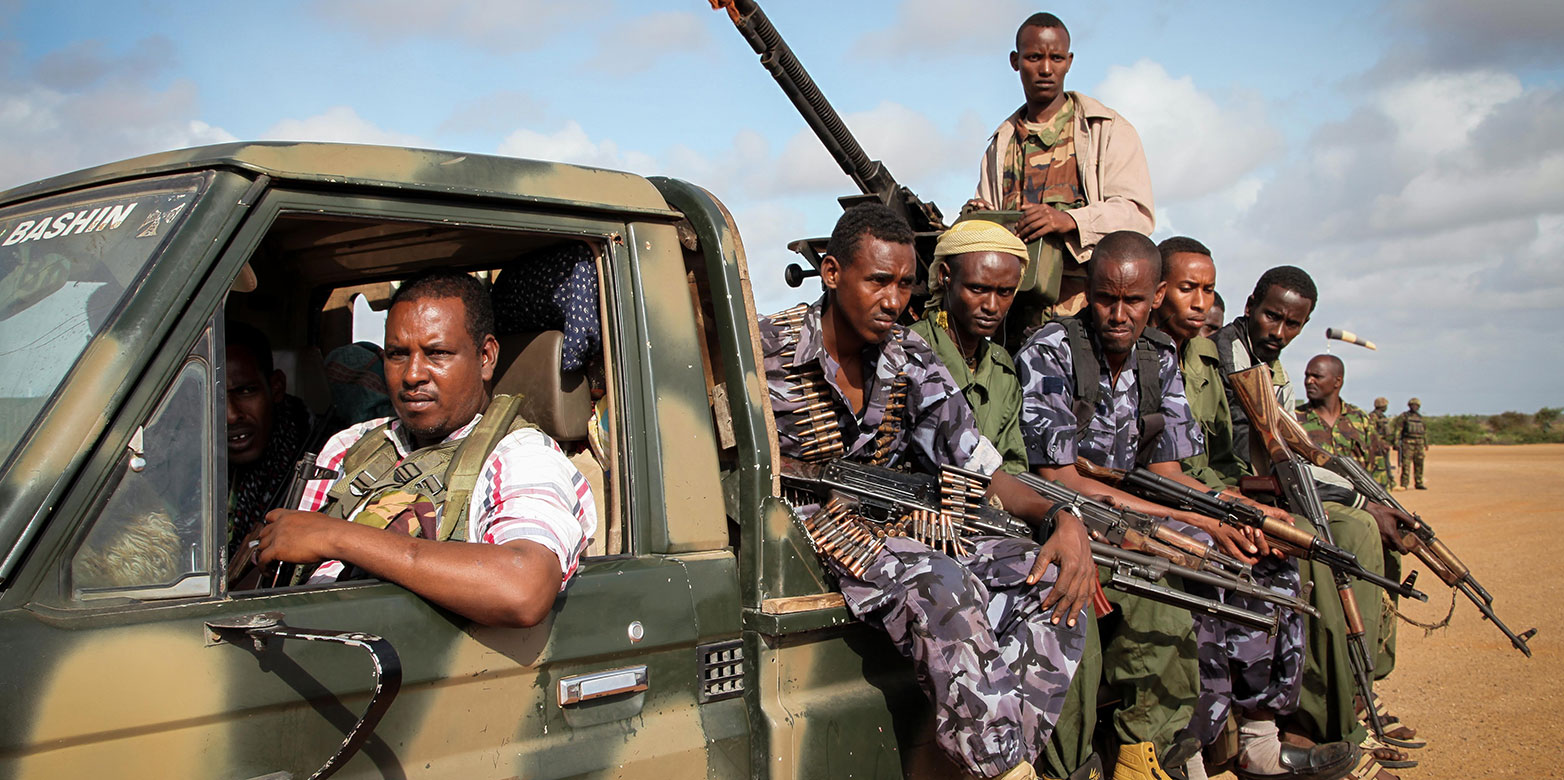The Ties That Bind Ethnicity, Pro-government Militia, and the Dynamics of Violence in Civil War
How do pro-government militia (PGM) influence the dynamics of violence during civil conflict? In this paper, Luke Abbs, CSS’ Govinda Clayton and Andrew Thomson address this question by looking at ethnic ties between militia and governments. The authors find that the presence of co-ethnic militia, that is groups composed of the ruling elite’s ethnic kin, are associated with longer and more intense civil conflict.
external page Read the publication here.
Pro-government militia (PGM) are organized armed groups that support the government but are not part of the “official” state armed forces. Previous research shows that they are likely to emerge in weak states facing acute security threats, including, but not limited to, insurgency and civil war. In addition, several studies have found that the presence of PGMs exacerbate and prolong conflict either because states are unable to control militias or they are unwilling to do so. However, these existing studies overlook how the ethnic ties between PGMs and the government could have an influence on conflict.
The Effect of Co-ethnic Militia on Conflict
Co-ethnic militias are militia groups that are clearly pro-government, not part of the regular security forces and specifically recruited along ethnic lines in order to uphold ethnic goals. A new paper in the Journal of Conflict Resolution by Luke Abbs from the University of Essex, Govinda Clayton from the CSS and Andrew Thomson from Queen’s University Belfast shows that the presence of these groups is often associated with more intense and longer civil wars. According to the authors, this is the result of a combination three factors. First, co-ethnic PGMs are relatively loyal irregular forces that multiply a state’s military capacity to resist insurgent challenges. Second, since they are usually deployed against insurgents from other ethnic communities, co-ethnic PGMs play a significant role in increasing interethnic polarization and ethnic extremism. Third, these groups themselves have an incentive to undermine any peacemaking attempt that could compromise their ethnic group’s privileged status.
Implications for policy
The papers’ findings also have important implications for the policy community. If co-ethnic PGMs like for instance the Shia-dominated militas in Iraq and Syria can indeed be an impediment to peace, it is crucial to either incorporate them into official military structures or to disarm them. Future research should therefore examine the conditions in which co-ethnic PGMs are more likely to disarm and how they can be incorporated peace processes.
Reference
